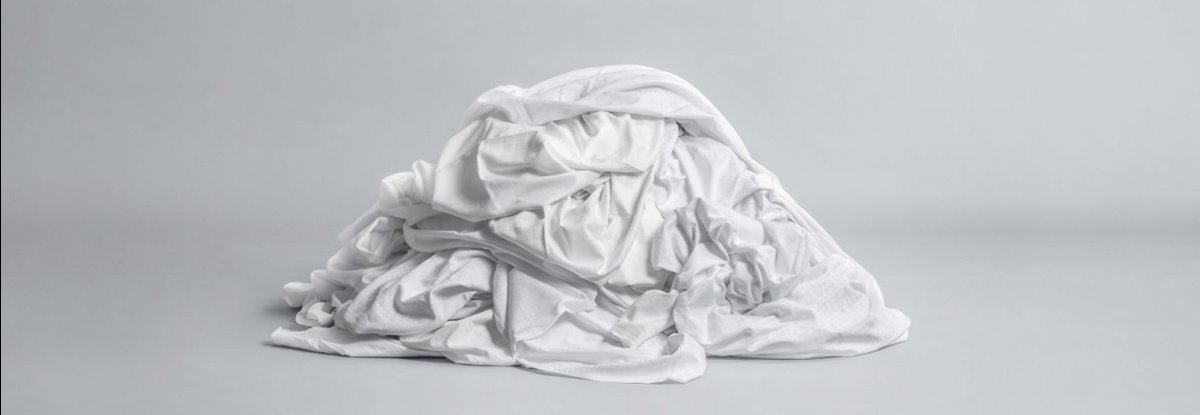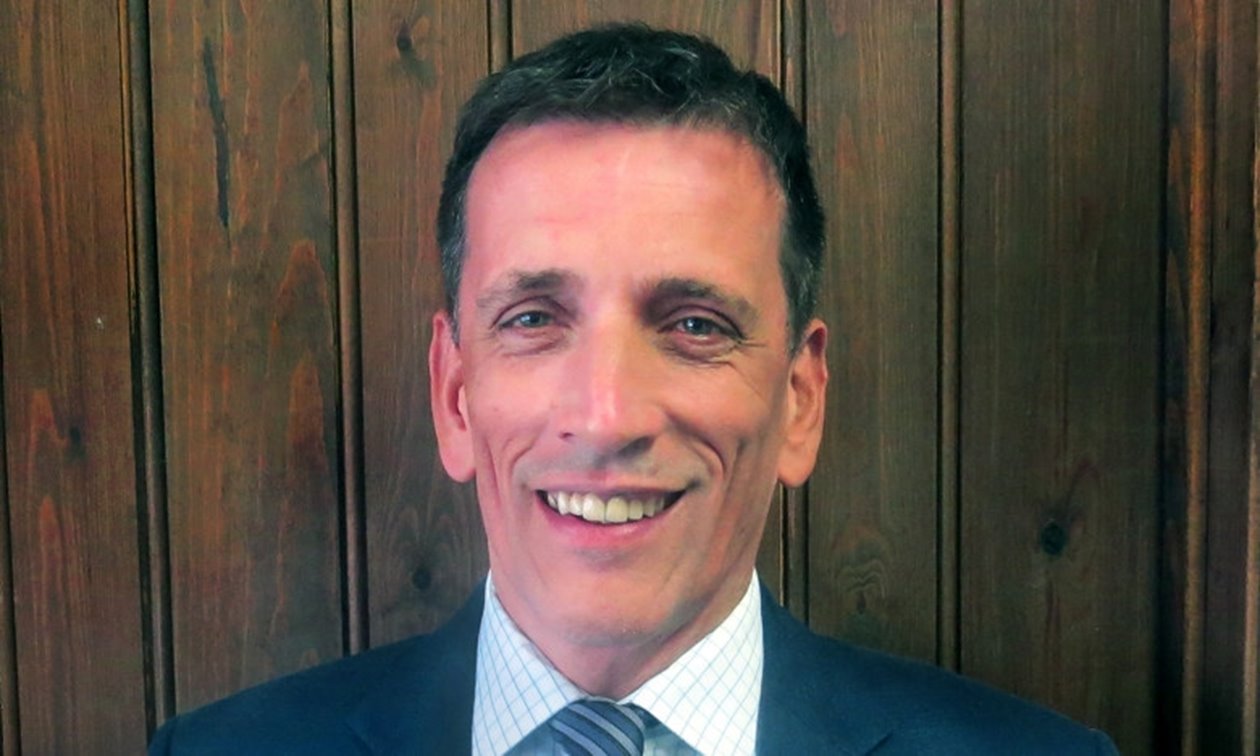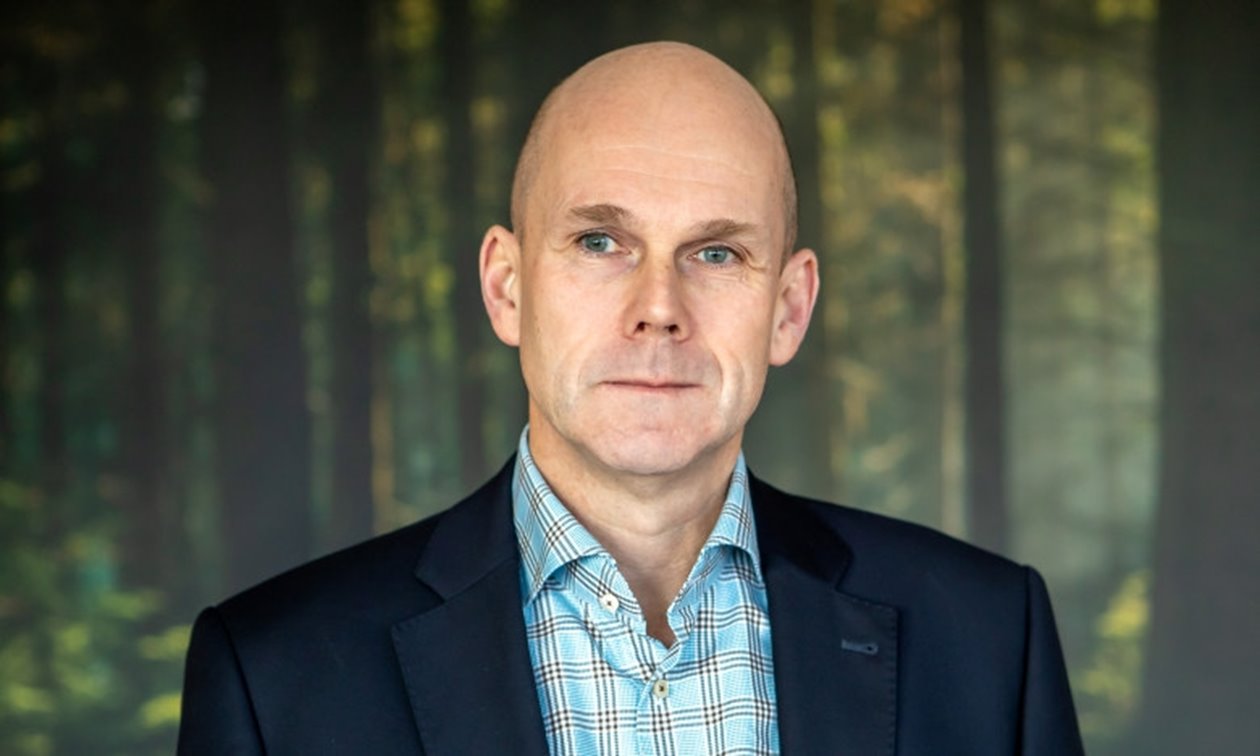Give a sheet

As Södra increases the proportion of recycled fibres in its OnceMore® dissolving pulp, it needs partners to source and supply the textile waste for processing. A key partner is The Textile Services Association (TSA) in the UK, whose membership includes commercial textile rental and laundry companies.
The TSA and Södra have embarked on a journey to collect as much as possible of the UK’s approximately 7,000 tonnes of hospitality and healthcare linen which reaches the end of its primary use every year, typically in a three-year cycle.

“We want a 100 percent solution for the laundry industry, based on the circularity made possible by innovations such as Södra’s, which re-engineer used textiles into something new,” says TSA Technical Services Manager Shyju Skariah. “Our plan is to create a practical solution for laundry operators of all sizes to forward their end-of-life textiles via an aggregator to a centralised sorting centre. Södra was well ahead of the field in creating OnceMore®, particularly with its ability to handle blended textiles, and the scalability of the initiative makes it viable for all involved.”

TSA launched the textile collection project at its Autumn Conference at the end of September. “We are pushing at an open door and had 100 percent buy-in,” says TSA CEO David Stevens. “Our members see how we can be the hub for their recycling as we create a national logistical solution. Our members’ customers also stand to benefit – it will help them boost their sustainability credentials and be part of something very positive.”

Södra’s Director, Sourcing Excellence & Projects, Niclas Berg, sees the partnership with TSA as a template for the future: “Organizations such as The TSA are essential to the scaling up of OnceMore® and to bring the textile industry closer to a circular model via an industrialized recycling supply chain.
“The next step is that producers of textiles must start to design for circularity. This means focusing on long-lasting garments/textiles which are recyclable once they reach end of life. The TSA scheme has the potential to provide thousands of tonnes of the most recyclable textiles – in other words those which are white and without buttons, zips or difficult-to-recycle yarns. That still leaves a huge quantity of used textiles which need to be deconstructed before they can be re-introduced as the base-material for yarn production.
“But the TSA partnership is a leap forward for us and we expect in the coming few years to convert thousands of tonnes of UK laundry waste into a valuable resource for the production of new textiles.”

Show all content for topic
Subjects: OnceMore
